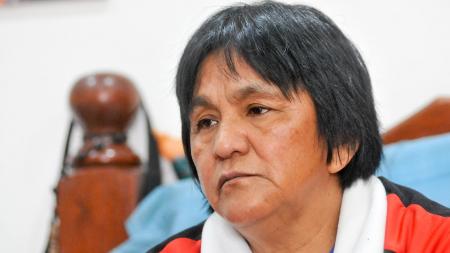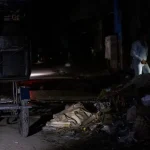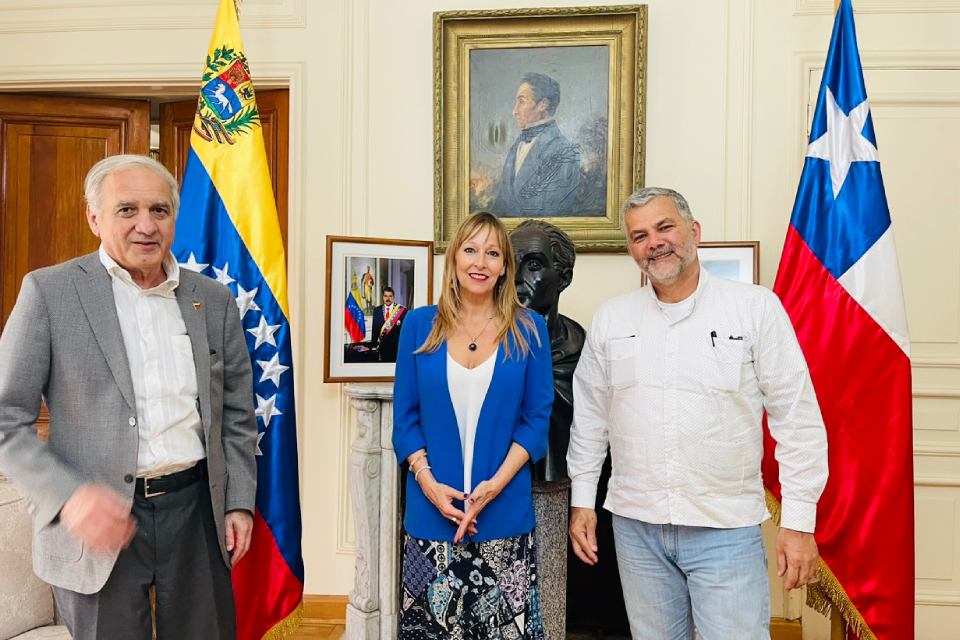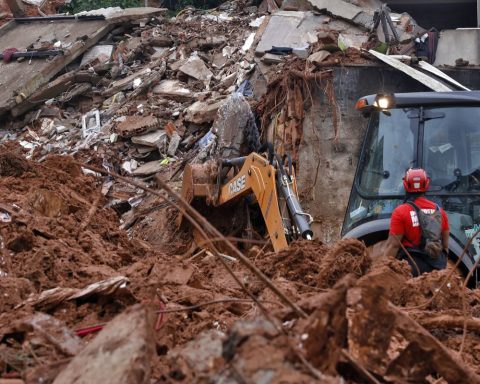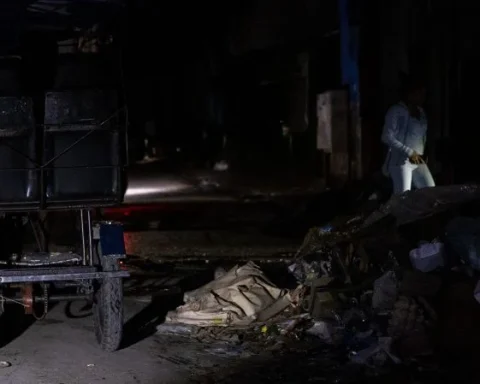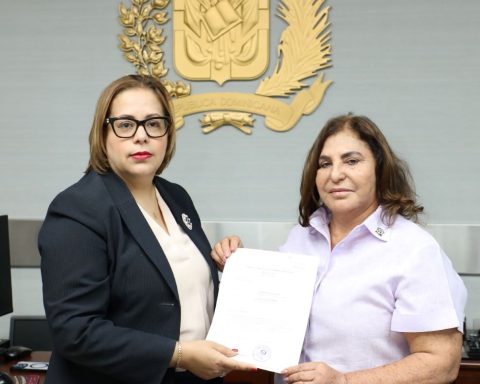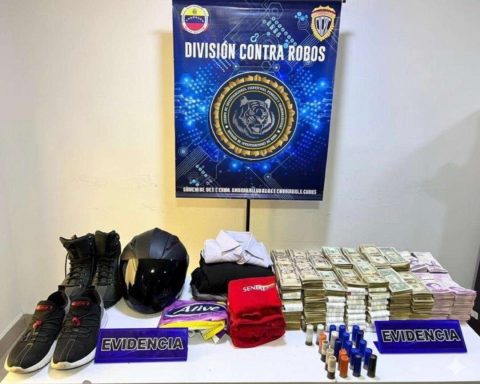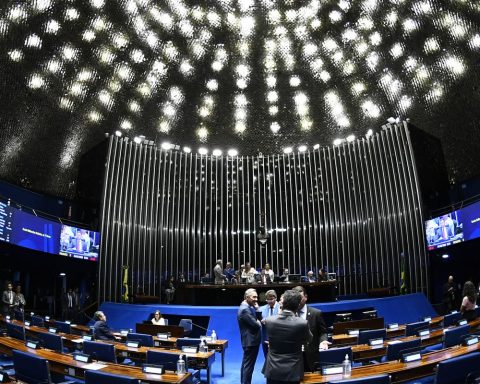The social leader Milagro Sala turns seven years detained in Jujuy for leading a camp and his procedural situation worsened since then with the accumulation of cases and convictions, and while remains under house arrest receives expressions of support and solidarity from organizations and personalities who denounce the “persecutory actions” he suffers from the provincial government headed by the radical Gerardo Morales.
That January 16, 2016, the claim in the central square of Jujuy, taken over by more than 20 social organizations, to demand answers from the Jujuy president about the operation of the work cooperatives led to the arrest of Sala for “instigation to commit illegal acts and riots”a fact that was investigated and brought to trial in 2019.
For Sala, imprisonment meant a series of legal cases that were filed at the local level: some reached an oral trial, where they were sentenced; others are pending resolution and, in some, she was dismissed.
In addition to the case for the camp, the file known as the “Megacause” will be discussed in an oral trial, in which former officials are also involved, including former governor Eduardo Fellner and several former community leaders for fraud in the construction of homes.
In addition, the Jujeña Justice ordered the elevation to trial of the case for the incidents of March 8, 2021 in the Campo Verde neighborhood of San Salvador, and in which Sala is accused of being the instigator.
In this way, with one cause after another that the Public Prosecutor’s Office has been promoting after its formation, with Morales governor, the leader has remained in preventive detention.
At the beginning, he was in the Alto Comedero Women’s prison (four days after the arrest for the camp), and since 2017 he has been serving his sentence under house arrest after the Inter-American Court of Human Rights issued a sentence to that effect and that was ordered by the Supreme Court of Justice.
Sala’s concern in recent years, as she herself stated, has to do with the fact that her judicial situation “has worsened” because she has “more causes than she had in 2019”, and also because there are others for which they will be going to trial she and other people for crimes of fraud or money laundering.
Far from seeing with optimism that something can change in his procedural situation, when he has a “persecutory judicial system” behind him, the leader of Tupac Amaru considers that keeping her imprisoned “serves” Morales at the time of the electoral campaign, even more so when today he is launched into the presidential race for the UCR.
He pointed out more than once that, if he does not receive a sentence in a trial, “Morales does whatever” so that later they dictate a “yes or yes”, as happened in the “Trial of the panties” where he had been acquitted but later they gave her two years in prison after sitting “for five days on the bench”.
The activity of the Tupac Amaru
Beyond the accusations against him, Sala assumes reality with the certainty of having done things “right” while he was in charge of the network of social organizations: having been able to carry out numerous projects meant creating jobs for many Jujueños in different towns in the province.
“The works are not invented”, expressed on several occasions.
In this way, he referred recently when learning of the ruling of the Supreme Court of Justice that upheld his sentence to 13 years in prison for illicit association in the “Pibes Villeros” case, which he stated was “plagued with irregularities.”
The various works started and completed by Tupac Amaru also meant that many Jujeños could have their own home, secondary schools, health centers and many other spaces with photographs that show the works carried out in the province.
There are more than 10,000 homes built in Jujuy with national funds and that were completed “with less money” than what construction companies received to carry out the same jobs, he warned.
But it was “left aside” by the Supreme Court which “avoided addressing the substantive issue and refused to“to verify if the projects of the social organization had been carried out.
In Jujuy, the slogan of “Freedom for all political prisoners in the province” was raised, when the Committee for the Freedom of Milagro Sala was created on July 7, 2016, and in which numerous institutions, social, political, and academic entities came together. , professionals and Human Rights to express their support and permanent solidarity -also at the international level- to the social leader.
Although Sala, for the moment, will not return to a common prison, as Morales himself had requested after the Court’s decision for the sentence against the social leader in the “Pibes Villeros” case, the organization demands that the conditions be preserved of his house arrest, minimally, and put aside the purpose of the provincial president.
The Center for Legal and Social Studies (CELS) ruled in this regard that this resolution “does not modify the obligation of the State to protect her physical and mental health,” and warned that any regression “means a deepening of the harassment against her.” at the request of the prosecutors to go to serve a sentence in a common jail.
The transfer of Sala to house arrest was ordered by the Inter-American Court of Human Rights due to his delicate state of health.
Sala was hospitalized last year for a process that has to do with a deep vein thrombosis.
